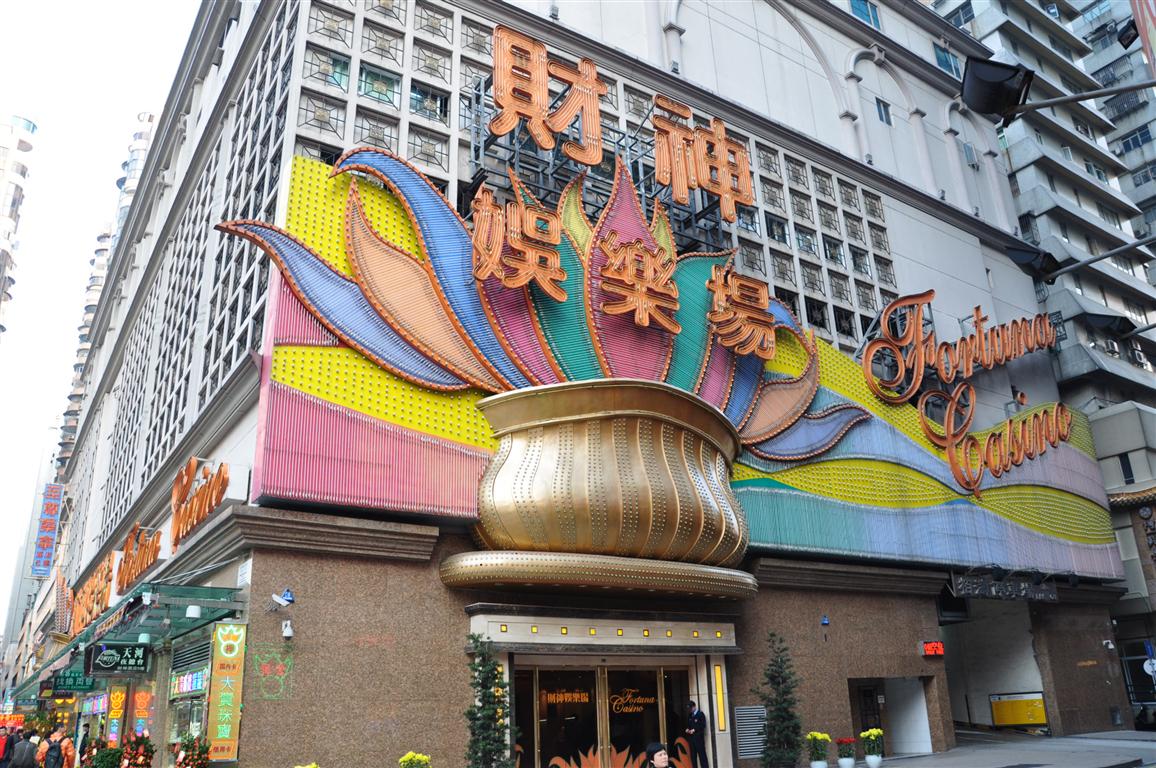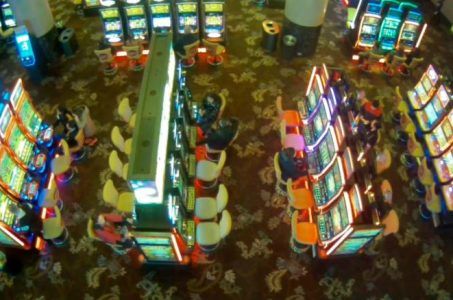Macau Approves Gambling Reforms, Casinos Face Tighter Controls
Posted on: June 21, 2022, 11:00h.
Last updated on: June 21, 2022, 12:52h.
Lawmakers in Macau have approved sweeping changes to the enclave’s gambling law, ushering in the first major reforms to its casino market since liberalization in 2002.

The new legislation will hand Macau’s government greater oversight and regulatory control over its gaming industry.
The six casino licenses will remain. But their duration will be slashed in half, from 20 years to ten, with three years of maximum extension at the government’s discretion.
Licensees will be reviewed every three years by Macau’s gaming regulator, the Gaming Inspection and Coordination Bureau. The government will have the right to terminate a gaming license for reasons that include the vague term “public interest.”
‘Healthy Development’
The reforms coincide with the first renewal of licenses in Macau’s history. Prior to 2002, its gaming industry was monopolized by late casino mogul Stanley Ho and his business empire, SJM Holdings, which remains a major player in the market.
The decision to open the market to international operators in 2002 transformed Macau into the world’s biggest gambling hub.
The six licenses were due to expire on June 26. But the government has asked operators to apply to extend them until the end of the year, as it prepares to launch a new public tender process.
Macau’s Secretary for Administration and Justice Cheong Weng-chon said at a news conference last October that reforms were being undertaken to “promote the healthy development of Macau’s gaming industry, improve the regulation of the industry, and to prevent the possible negative effects of gambling.”
Beijing Pressure
Macau has faced pressure from Beijing to diversify its entertainment offerings and to attract visitors from outside mainland China. There, gambling is illegal, and an anathema to the Chinese Communist Party. Beijing has accused Macau’s casinos of facilitating capital flight and money laundering.
The reforms move the tax rate on gross gaming revenues (GGR) from 39% to 40%. But they offer generous tax breaks to operators who are able to attract visitors from foreign countries.
Other changes include a requirement that operators must have more permanent residents on their casino boards, and a formal cap on the number of tables and gaming machines in each venue has been introduced. The city’s six licensees will also have to meet a minimum annual target of GGR.
Health officials in Macau are currently carrying out mass COVID-19 testing on its 600,000 residents following a spike in case over the past few days. On Tuesday, the Hotel Fortuna was locked down, with up to 700 guests inside, following an outbreak.
Macau, like Beijing, operates a “zero-COVID” policy, which has severely hampered its economic recovery from the pandemic.
Related News Articles
Macau Junket Ops Down 85% from 2013 Peak
Connecticut Satellite Casino Blueprint Leaves Some Locals Underwhelmed
Most Popular
FTC: Casino Resort Fees Must Be Included in Upfront Hotel Rates
Genovese Capo Sentenced for Illegal Gambling on Long Island
NBA Referees Expose Sports Betting Abuse Following Steve Kerr Meltdown
UPDATE: Former Resorts World & MGM Grand Prez Loses Gaming License
Most Commented
-
UPDATE: Whiskey Pete’s Casino Near Las Vegas Closes
— December 20, 2024 — 31 Comments -
Caesars Virginia in Danville Now Accepting Hotel Room Reservations
— November 27, 2024 — 9 Comments -
UPDATE: Former Resorts World & MGM Grand Prez Loses Gaming License
— December 19, 2024 — 8 Comments -
FTC: Casino Resort Fees Must Be Included in Upfront Hotel Rates
— December 17, 2024 — 7 Comments
















No comments yet